EMQ » September–December 2023 » Volume 59 Issue 4

Summary: Integrated into a holistic healthcare approach to missions, veterinary medicine provides an opportunity to engage the rural poor in agricultural communities through community development. Building relationships of trust based on care for livestock, Christian veterinarians support public health through nutrition promotion and disease prevention, all while expressing Christ’s love for others through their vocation.
By Daniel Graham and Lena Wensel
Veterinary medicine plays a valuable but often overlooked role in addressing the holistic needs of God’s people and promoting human flourishing. The integration of veterinary services into healthcare missions protects community food supplies, expands available nutrition sources, and decreases disease transmission between animals and people.
Considering the significance of livestock in the lives of the global poor, veterinary missions provides a necessary service to meet practical needs for communities. It also facilitates economic development, promotes public health, and serves to create relational opportunities for evangelism and discipleship.
The Value of Veterinary Medicine in Missions
Based on a survey of microcredit participants of the Grameen Bank in Bangladesh, it was concluded: “The poor, especially poor women, recognize livestock as a valuable and critical investment to improve their livelihoods. [Therefore] the purchase of cattle, goats, and poultry is one of the highest preferences for women seeking loans.”[i]
Livestock provide many benefits to the poor including being a source of nutrition, transportation, labor, as well as an economic asset. In fact, “accumulation of livestock has been identified in some studies as the tipping point that allows poor households to invest in land or small businesses, diversify their incomes, and become less poor and vulnerable, all of which tend to enhance food and nutritional security.”[ii] Therefore, maintaining healthy animals is an essential part of the nutritional health and economic wellbeing of many around the world, especially the poor.
Veterinarians have a unique knowledge and skillset to serve both animals and the people who own them. Their involvement in missions can follow several models. They can be placed in university settings internationally, to teach and engage in student ministry. Veterinarians can join church planting teams in rural areas, using their clinical skills to build relationships of trust within the community. This can be especially strategic for the engagement of hard-to-reach nomadic people groups whose cultures often revolve around their livestock. Christian veterinarians can also play a key role in promoting community development in rural agricultural communities.
Veterinary Medicine and the Gospel
The world in its current state is not how God intended it or desires it to be, and this brokenness is a direct result of humanity’s sin. Romans 8:20–21 states that creation was unwillingly “subjected to futility” and is held in “bondage to corruption.” We can see this demonstrated in inhibited production of food crops from the land (Genesis 3:17–19; 41:29–31; Acts 11:28) as well as in broken relationships between God’s creatures and mankind who had been entrusted as their stewards (Genesis 1:26, 9:2; Psalm 8:6–8). God’s creation, creatures, and people alike suffer under the destructive effects of sin.
However, as individuals and communities submit to the Lordship of Christ, they can be transformed to more accurately reflect God’s good intentions for this world. Like other practitioners of holistic development, Christian veterinarians have the gospel-centered mission of proclaiming faith in Christ for the justification and sanctification of individuals. Additionally, they seek God’s glory as his restorative power is displayed in the development of his people. In this case, we see that in the transformed relationship between people and the creatures that God has entrusted to their care.
Restoring proper obedience to God’s desires for his creation and creatures is an issue of discipleship. Author Lowell Bliss says, “Christian creation care is (Christlike) care of a (Christ-owned) creation,”[iii] which links the holistic care of creation as growth in Christlikeness. Holistic care for God’s people, animals, and ecosystems is thus a proper response to the gospel.
As Christian veterinarians, we have the unique privilege of serving Christ as we care for his creatures and invite others to join us in glorifying the Lord of these creatures. The healing of animals is a product of proper stewardship and flows from the wellbeing of living peacefully within and with God’s creation.
Integrating a One Health Approach to Healthcare in Missions
Modern missions has become increasingly diligent in addressing the holistic needs of individuals and societies rather than oversimplifying poverty as a mere physical deficit. Bryant Myers helpfully describes poverty as being “fundamentally relational and that its cause is fundamentally spiritual” and therefore “poverty is a complicated social issue involving all areas of life – physical, personal, social, cultural, and spiritual.”[iv]
Poverty alleviation must address the complex systems of malfunctioning relationships negatively impacting all facets of an individual or community’s life. Transformational development, then, works towards empowering these communities with the vision, opportunity, and means to live according to their God-given purpose and potential in each of these areas. As the sources and expressions of poverty are multidimensional, the solutions to engage these challenges must be likewise.
A helpful addition to this holistic understanding of poverty, missions, and the impact of the gospel can be drawn from the One Health concept. This concept addresses complex global public health needs by emphasizing the shared challenges and outcomes within three interrelated spheres: human, animal, and environmental health.
Rather than focusing on these three areas in isolation, this interdisciplinary approach analyzes and then promotes collaborative efforts for interconnected solutions. This recognizes the integrated ecology of humans and animals which exist in a shared environment and acknowledges that true health and healing must be shared between all spheres.
While the One Health idea may be secular, its underlying understandings and assumptions are consistent with a biblical worldview. Both accept the interconnectedness of creation and the commonly shared brokenness of this world.
The One Health approach asserts, “today’s health problems are frequently complex, transboundary, multifactorial, and across species, and if approached from a purely medical, veterinary, or ecological standpoint, it is unlikely that sustainable mitigation strategies will be produced.”[v] A Christian viewpoint adds the spiritual nature of these health challenges and therefore the spiritual basis of medical, veterinary, and ecological interventions achieved by the grace of God and for his glory.
Our understanding of poverty needs to be multifaceted (material, spiritual, relational, etc.). And the appropriate Christian response must be ready to address all areas of brokenness in the wellbeing of humans, animals, and the environments in which they exist.
Livestock Development for Promoting Holistic Health
Veterinarians play various roles in supporting human flourishing. Those include providing clinical services for protecting public health (e.g., rabies vaccination) and safeguarding human food hygiene (e.g., meat inspection, prevention of drug residues from entering the human food supply).
Another key avenue for veterinarians to encourage the wellbeing of people is through livestock-based community development programs. A broad category of this is livestock husbandry trainings and animal distributions which provide a significant opportunity to promote gospel-centered transformational development around the world.
Livestock have a significant cultural value to many people groups, and owning livestock benefits the economic and nutritional wellbeing of many people especially those living in rural agricultural settings. So the placement of animals into these households has considerable potential as a ministry tool.
Distribution of livestock could be achieved through the direct granting of animals to individuals or families. This is a form of asset transfer, which gives the poor with a property resource that provides a long-term benefit. Alternatively, animals can be distributed through loan programs where participants repay their animal loan by the return of the first offspring produced from their received animal. Often called a revolving loan, this model has the added benefit of program sustainability since livestock offspring received as loan repayments can be subsequently distributed to other community members. Assuming the continued health and reproduction of the animals, this model has the potential for indefinitely replicable benefits.
The transfer of assets to the poor moves them from a place of vulnerability, in need of social assistance, to instead having the potential for self-determined income generation.[vi] The argument often raised against asset transfers to the poor is the fear of creating dependency by providing free goods or services. This relates to the psychology of sunk cost, the idea that people place more value on items or services which cost more.
Interestingly, development economists Banerjee and Duflo conclude that the application of this idea to poverty alleviation interventions is not supported in controlled studies. They found that many development programs are effective despite, or even because, they are subsidized, offered freely, or incentivized.[vii] Therefore, any aversion to distributing free or subsidized livestock to the poor may inhibit development. This is because livestock ownership can be the foundation of household resiliency and the means of achieving economic improvement in rural areas.
A retrospective analysis of three livestock distribution programs managed by missionary veterinarians in Uganda, Tanzania, and Haiti found that each program was initiated as a livestock loan model. The programs required participants to pay for the animals they received. This was done to address the concern that participants would become dependent on the program. The assumption was that participants would place greater value on an animal which they had paid for (the psychological sunk cost). This would make them more likely to take care of the animals and less likely to become dependent on the program in the long term.
This was accomplished by participants returning the first produced offspring to the project group for redistribution to new participants. The Tanzanian project reported a 90% loan repayment rate, but both the Ugandan and Haitian programs eventually transitioned to a direct asset transfer model to avoid the challenges of managing loan repayments. From observation, there were no appreciable differences noted in the attitudes or future behaviors of recipients between the loan and direct grant systems.[viii]
Training on improved livestock management (housing, nutrition, disease prevention, etc.) was paired with the actual animal distribution in each case. The Haitian example saw high levels of improved husbandry practices among participants. This was likely because the participant group was restricted to primary-aged students who were more willing to take up novel agricultural practices. Interestingly, the veterinarian in this case also reported a spillover effect on the parents of participants who recognized the production increases in their children’s animals and subsequently implemented these improved practices with their own livestock.
As the community is invited to participate in these programs, there is an opportunity for evangelism and discipleship during the initial training and subsequent follow-up with participants. The gospel is proclaimed and people grow in their God-given vocations as stewards of their animals.
While working as a missionary veterinarian in Uganda, I (Graham) used livestock trainings and distribution projects to accelerate church planting efforts as new pastors hosted loan groups to build relationships in communities. This program had an additional component of specifically targeting orphans, widows, and refugees for training and livestock distribution, each a vulnerable population highlighted in Scripture for particular concern of God’s people (Deuteronomy 10:18; Psalm 146:9; Jeremiah 7:6). Livestock husbandry training and distribution programs provide a tool for the local church to engage in outreach by holistically meeting needs for the wellbeing of God’s people.
Under the Tanzanian Shade: The Classroom of Animal Health
I (Lena) serve as a missionary veterinarian in Tanzania. In 2020, two Tanzanian pastors, invited me to speak at a 2-day initial training on livestock management they arranged. After 300 bumpy and dusty miles, two broken windows, and one flat tire, we arrived at our open classroom – a spot under the shade of several trees in a field overlooking Lake Victoria.
Twenty livestock herders were invited, and thirty showed up. Two local government officials also attended, along with the local livestock officer, and the area animal shaman. I was so grateful for the presence of the Tanzanian pastors. These trusted colleagues and mature Christian men acted as my translators and provided their seasoned pastoral presences.
Our group of eager trainees was very diverse. Men and women both participated, and they came from multiple tribes, and religions (Christian, Muslim, and traditional animism). They desperately wanted to improve the health of their animals which would, in turn, improve their own lives and their communities. Their animals needed medications, and medical care, but fresh water was by far the biggest issue.
How could they possibly embrace any of the ideas discussed during our time together if they could barely get water to their families, much less to the weakened livestock that needed to stay back from the daily 5 km/3 mi (one-way) hike to and from the lake?
In our open discussion, the shaman offered some valid skills mixed with a lot of fear, manipulation, and deceit. The area livestock officer was an alcoholic living in such a state of despair that he had no ability to offer any help. There were simply no other local veterinary-style resources.
I offered whatever advice I could, but was it enough? I reminded myself a dozen times that I could not to provide resolutions to all of the problems facing this community. But I could help open the doors for relationships to develop in order that Christ’s love could be shared. Holistic community development comes with time. “Slowly, slowly” as the saying goes here in Tanzania. Pastor Philipo had an opportunity to witness to the despondent group toward the end of the first day, and my heart was encouraged.
On the second day, Tukiko, our senior pastor, arrived. He chuckled with delight over the gathering in front of us. “I love these people! They have so much personality and passion,” he whispered to me, as the trainees heatedly squabbled over what bits of knowledge were most relevant and who got to ask the next question.
At one point, the shaman stood up and asked the group, “Why are you listening to this foreign woman when I have all the answers you need?” The group went silent, and I waited patiently for Pastor Tukiko to respond. He said something in rapid Swahili that diffused the situation and the conversation flowed once more.
The community uses milk and meat from their livestock for nutrition and income but were unaware that animals could transmit disease to humans. By addressing this topic, we brought awareness of better public health practices that could save lives.
Because the workshop was organized through a local church, relationships between that church and their surrounding community improved. The open discussion format enabled a Tanzanian pastor held in high esteem, to share the love of Christ with those who did not know follow Jesus.
The attendees, who exhibited a deep concern for their animals, were also encouraged that God also cares for their animals and wants us to be good stewards of creatures that are part of his creation. Working relationships were built and discipling relationships were created, which impacted the spiritual health of the group.
Soon after returning home, we received the news that during a follow-up ministry trip to this area, our colleagues led one of the government officials who was present at the animal health care training to Christ. Now, that’s worth every bouncy and dusty mile, flat tire, and broken windshield.
Veterinary Care in Missions Matters
Lena’s story demonstrates the principles of livestock-based community development in practice right now. Physical needs of people and their animals addressed. The public health of the community is promoted. And spiritual health is holistically integrated as the love shown by veterinarians points them to Christ.
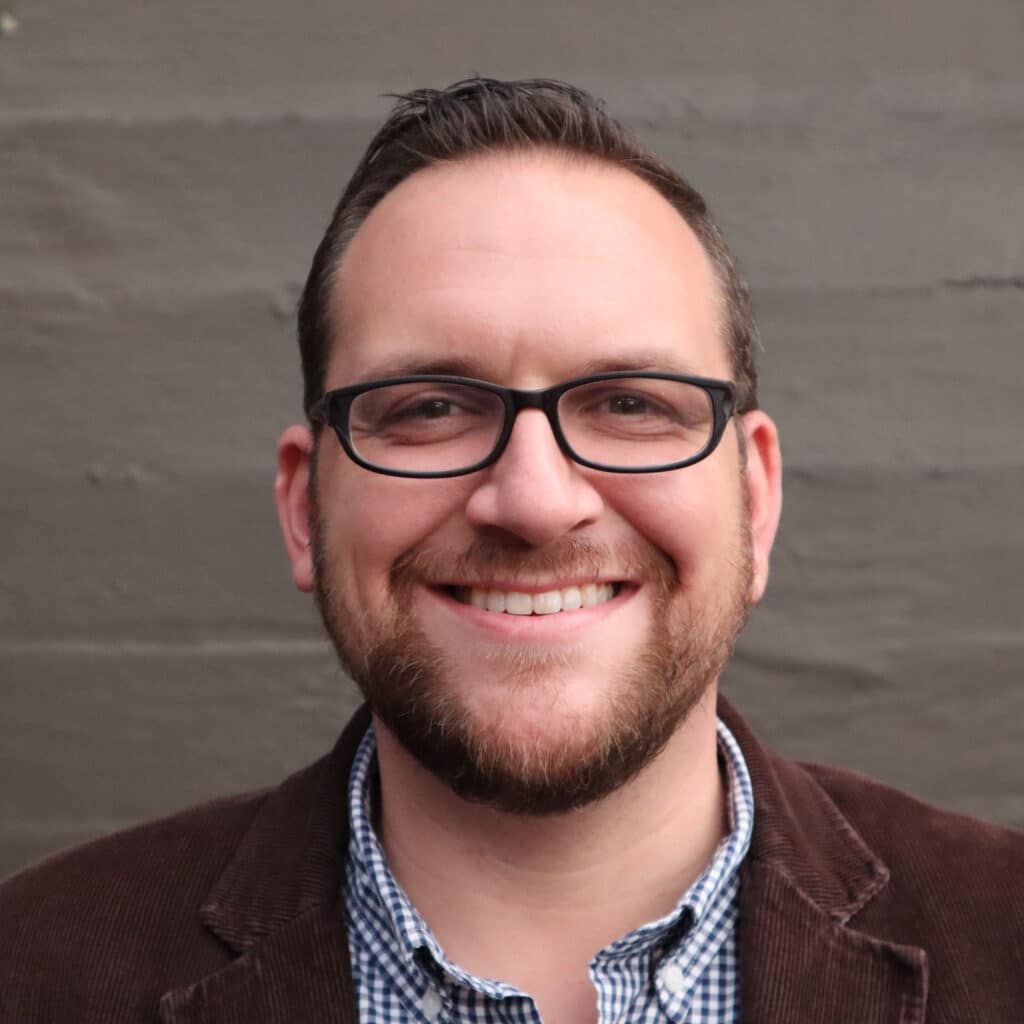
Daniel Graham (dgraham@cvm.org) graduated from Oregon State University’s veterinary college in 2009. He also completed a postgraduate certificate in international animal health (University of Edinburgh) and a master’s in global leadership (Western Seminary). Daniel currently serves as the missions mobilization strategist for Christian Veterinary Mission. With his wife, Rachel, he served in Uganda from 2012–2021 working in community development, discipleship, and ministry training. They have one son, Nathan.
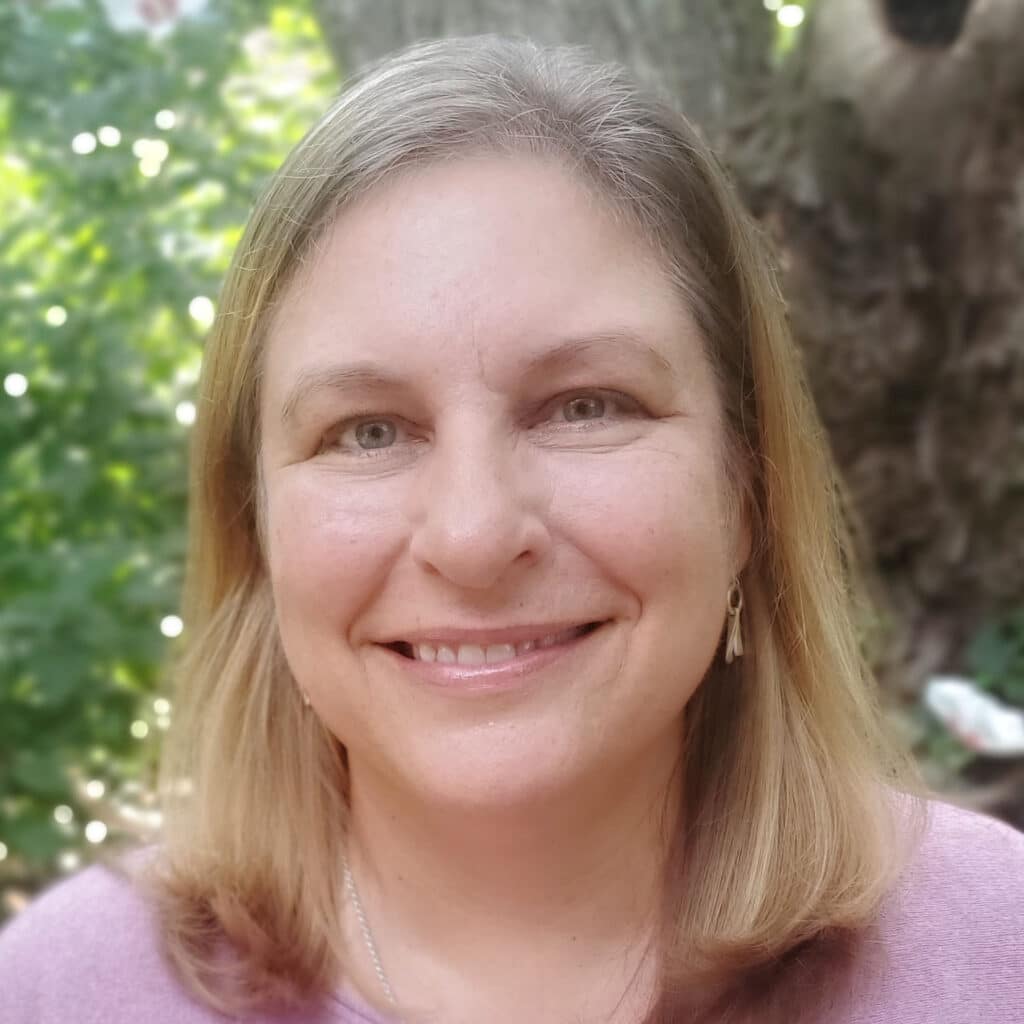
Lena Wensel,(lbwensel@gmail.com) earned her BS in Animal Science (Cornell University) and her DVM (Virginia-Maryland) in 2000. After 17 years in Maryland private practices, she and her family moved to Arusha, Tanzania where they have been serving through Christian
[i] David Sherman, Tending Animals in the Global Village: A Guide to Internationals Veterinary Medicine (Baltimore, MD: Lippincott Williams & Wilkins, 2002), 163.
[ii] Jimmy Smith, et al., “Beyond Milk, Meat, and Eggs: Role of Livestock in Food and Nutrition Security,” Animal Frontiers 3, no. 1 (January 2013): 10, https://doi.org/10.2527/af.2013-0002.
[iii] Lowell Bliss, Environmental Missions: Planting Churches and Trees (Pasadena, CA: William Carey Library, 2013), 1551, Kindle.
[iv] Bryant Myers, Walking with the Poor: Principles and Practices of Transformational Development (Maryknoll, NY: Orbis Books, 1999), 13, 81.
[v] John Mackenzie and Martyn Jeggo, “The One Health Approach – Why Is It So Important?” Tropical Medicine and Infectious Disease 4, no. 2 (June 2019): 88, https://doi.org/10.3390/tropicalmed4020088.
[vi] University of Michigan, “Beyond the Sustainable Development Goals (SDGs): Addressing Sustainability and Development,” Coursera, accessed 18 February 2021, https://www.coursera.org/learn/beyond-the-sustainable-development-goals-addressing-sustainability-and-development.
[vii] Abhijit Banerjee and Esther Duflo, Poor Economics: The Surprising Truth about Life on Less Than $1 a Day (London: Penguin Books, 2011), 57–70.
[viii] Margaret Thompson, Christian Veterinary Mission fieldworker in Tanzania, personal interview, April 9, 2021. Kelly Crowdis, Christian Veterinary Mission fieldworker in Haiti, personal interview, April 6, 2021. Observations based on the author’s (Graham) own work as a fieldworker with Christian Veterinary Mission in Uganda.
EMQ, Volume 59, Issue 4. Copyright © 2023 by Missio Nexus. All rights reserved. Not to be reproduced or copied in any form without written permission from Missio Nexus. Email: EMQ@MissioNexus.org.


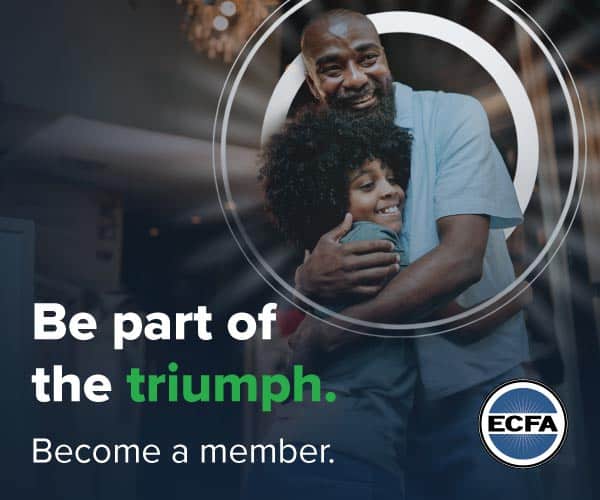
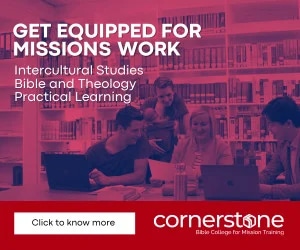
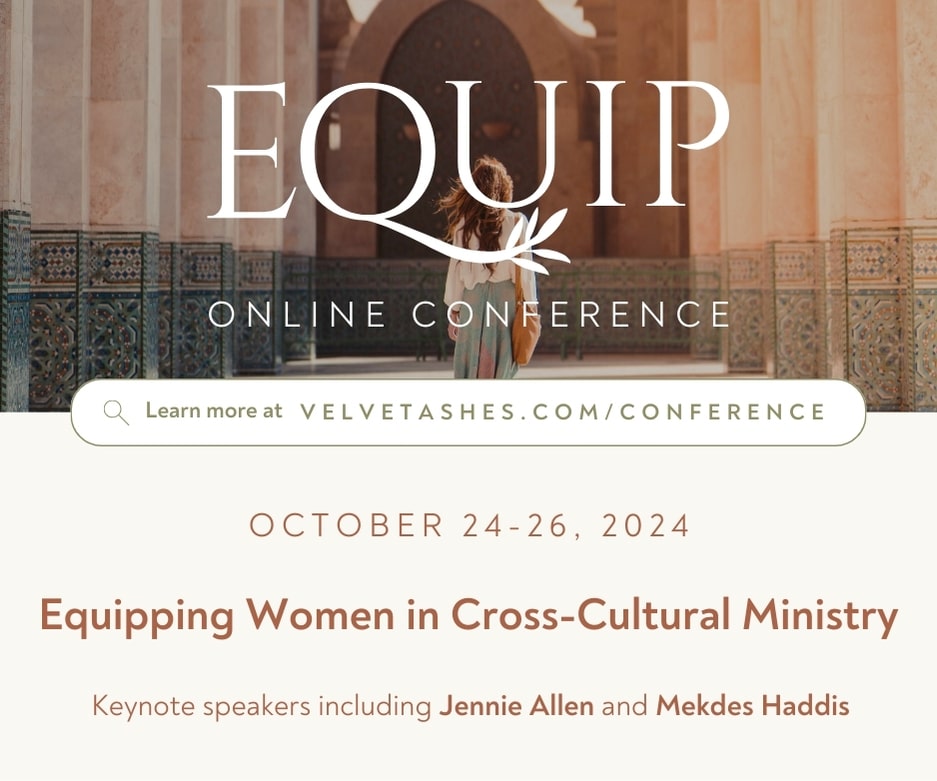
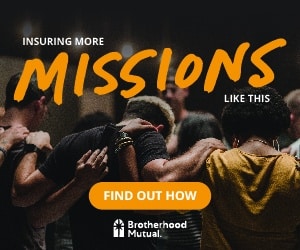
This is an excellent article! Thanks for giving us a better framework for livestock-based community development!
Thank you, Vern!